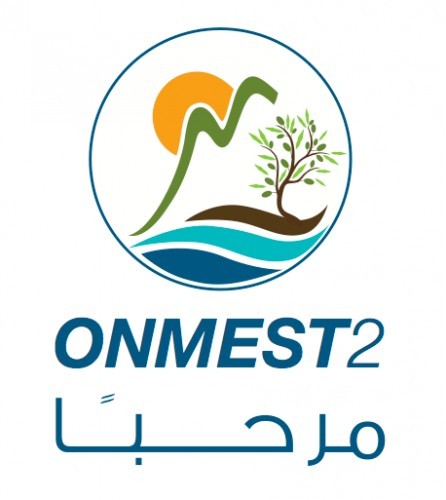
Votes Up For Grabs in 'Anything Goes' Lebanon
Natasha Tavoukdjian couldn't care less about politics but will be more than happy to vote in Lebanon's election thanks to the all-expenses-paid trip offered by one of the parties.
"I haven't been home in 10 years and I am so looking forward to coming back to Lebanon and the friends that I miss," said the 35-year-old Lebanese who lives in Europe.
She said an Armenian party in the Hizbullah-led opposition had contacted her six months ago to secure her vote.
"They've asked me to vote for their candidate, whose name I don't even know," Tavoukdjian told Agence France Presse (AFP) by telephone. "I don't care about politics but I'll do it because I just want to see my family and friends."
School tuition, medical aid, fuel, airline tickets and cash: it's all fair game in Lebanon when it comes to winning votes for the June 7 parliamentary election.
"Money is a key factor in this country because the rule of law does not exist," said Charles Chartouni, political science professor at the Lebanese University.
"In the West, such practices would automatically invalidate the entire election process."
A Western diplomat, on condition of anonymity, told AFP he had received reports that 5,000 Lebanese living in Australia were being flown in to take part in the vote.
The election pits the Western-backed parliamentary majority against a Hizbullah-led alliance backed by Syria and Iran.
Many Lebanese expats are also flying in from other countries as legislation bars them from casting absentee ballots.
Although political parties categorically deny doling out money and services in exchange for votes, the practice of hiring middle men to win over voters is well-rooted in Lebanon and rampant at each election.
Regulatory laws are also loosely drafted allowing for such practices.
"I have no reason to believe that this long-standing tradition has changed this year," said Information Minister Tareq Mitri.
"These people are active and visible, and realistically I would not expect radical change in the behavior of both candidates and electors."
Boulos, a 42-year-old voter in the northern district of Akkar, told AFP he was grateful for leaders such as parliamentary majority head Saad Hariri, son and political heir of slain billionaire ex-premier Rafik Hariri.
"Thank God for Hariri!" said Boulos, who did not want his last name used. "One of his MPs sends us a monthly allowance for food."
Mark Daher, 37, said he also felt compelled to vote for the candidate backed by Hariri's coalition. "I have to do it," he told AFP. "They found my wife a job this year."
Imad, a contractor who also did not want his full name revealed, said he intended to vote for Hizbullah's candidates as the party had invested 50,000 dollars in development projects in his hometown.
Vote buying can also take the form of the payment of school fees, distribution of medicines and even the organization of health campaigns, said Yara Nassar of the Lebanese Association for Democratic Elections (LADE), which is monitoring the polls.
"A candidate offered my school 2,000 liters of fuel oil for heating this winter," said Tareq Nassif, a 40-year-old teacher. "It was very generous but why didn't he do that last year?"
Experts said regional powers had also contributed handsomely to the vote-buying spree in a bid to boost their political allies in Lebanon.
"Some countries such as Saudi Arabia or Iran finance election campaigns," said Chartouni, the university professor.
Mitri, however, was hopeful that tighter regulations and more public awareness would gradually lead to more transparent elections in Lebanon.
"I think the more we document and talk about this, the more we open the eyes of public opinion and the more chance we have of combating this ill," Mitri said
http://www.naharnet.com







 Elie Nader
Elie Nader
 Pascale El Dib
Pascale El Dib
 Elias Sahyoun
Elias Sahyoun
